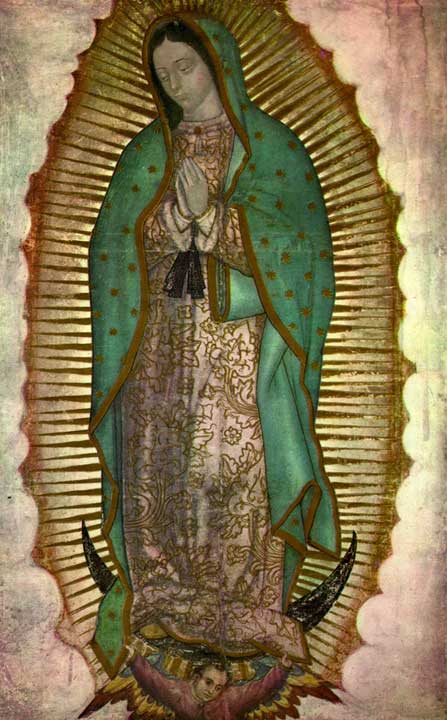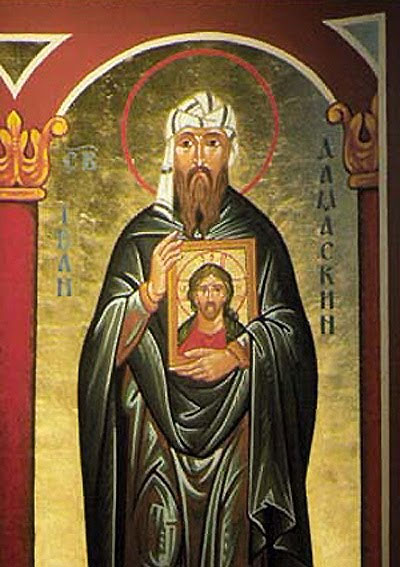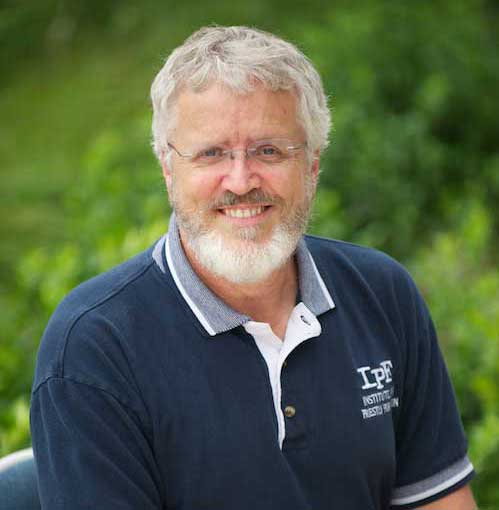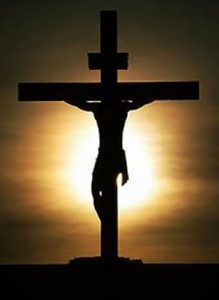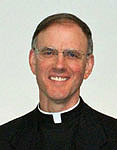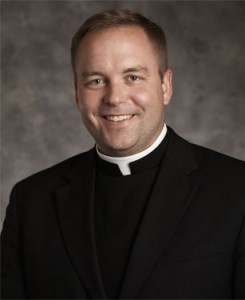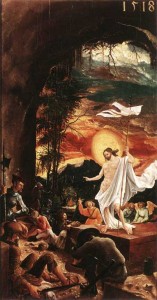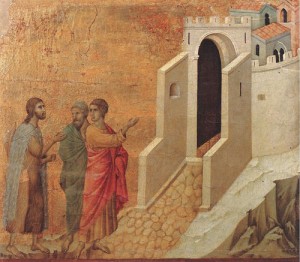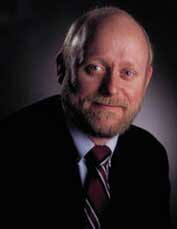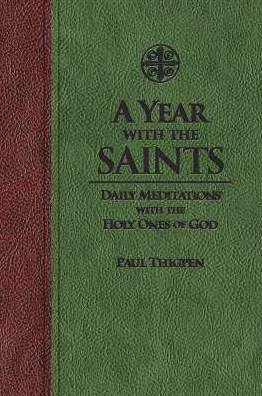The Living Flame Of Love
 Songs of the soul in the intimate communication of loving union with God.
Songs of the soul in the intimate communication of loving union with God.
Podcast: Play in new window | Download (860.3KB) | Embed
Subscribe: Apple Podcasts | Spotify | Amazon Music | Android | Pandora | iHeartRadio | JioSaavn | Podchaser | Gaana | Podcast Index | Email | TuneIn | Deezer | Anghami | RSS | More
1. O living flame of love
that tenderly wounds my soul
in its deepest center! Since
now you are not oppressive,
now consummate! if it be your will:
tear through the veil of this sweet encounter!
2. O sweet cautery,
O delightful wound!
O gentle hand! O delicate touch
that tastes of eternal life and pays every debt!
and pays every debt!
In killing you changed death to life.
3. O lamps of fire! in whose splendors
the deep caverns of feeling,
once obscure and blind,
now give forth, so rarely, so exquisitely,
both warmth and light to their Beloved.
4. How gently and lovingly
you wake in my heart,
where in secret you dwell alone;
and in your sweet breathing,
filled with good and glory,
how tenderly you swell my heart with love.
Here is a fine teaching from Fr. Barron:


